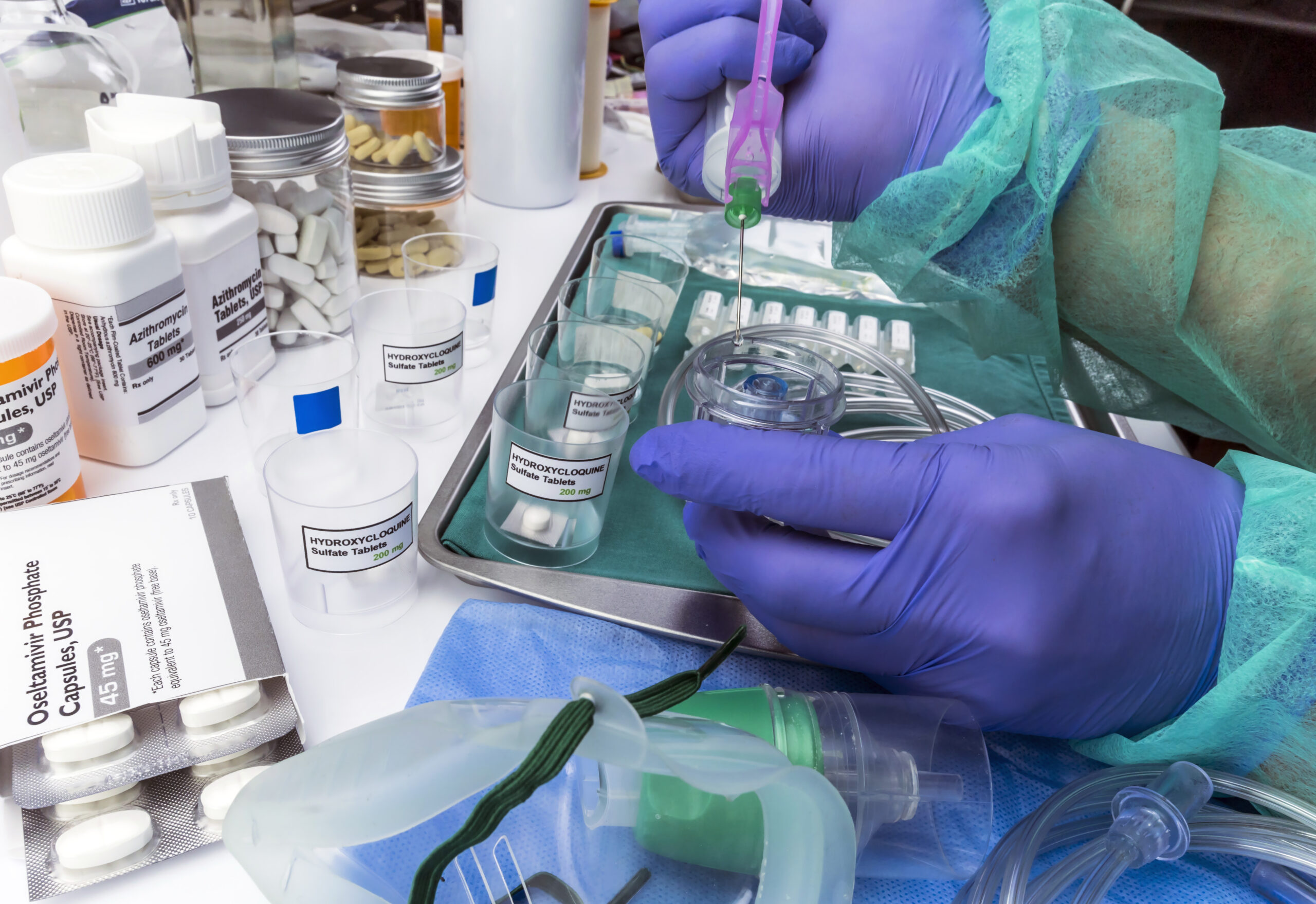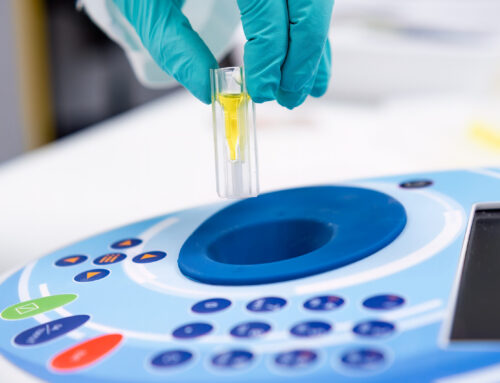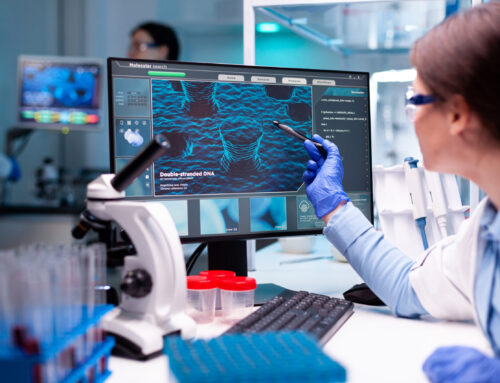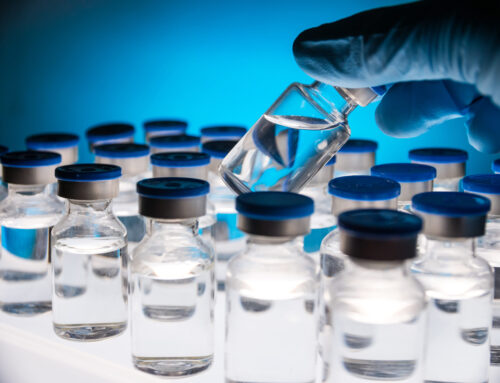Biologics are a class of advanced medicines made from living organisms or their components, such as proteins, cells, or genetic material. Unlike traditional drugs, which are chemically synthesized and have a simple structure, biologics are large, complex molecules—often proteins like antibodies—produced using biotechnology.
What Are Biologics?
Biologics include:
- Monoclonal antibodies (e.g., trastuzumab, adalimumab)
- Cell therapies (e.g., CAR-T cells)
- Gene therapies
- Hormones (e.g., insulin, erythropoietin)
- Vaccines
- Cytokines (e.g., interleukins, interferons)
They’re used to target specific pathways in the body—often immune, inflammatory, or cancer-related.
How Are They Different from Traditional Drugs?
| Feature | Traditional Drugs | Biologics |
| Made from | Chemicals | Living cells (biotech) |
| Molecular structure | Small, simple | Large, complex proteins |
| Manufacturing | Chemical synthesis | Cell-based production (e.g., bacteria, yeast) |
| Route of delivery | Often oral pills | Usually injection or infusion |
| Examples | Aspirin, statins | Humira, Keytruda, Herceptin |
Where Are Biologics Used?
Biologics are revolutionizing treatment in several major disease areas:
Cancer
- Monoclonal antibodies (e.g., Herceptin, Keytruda)
- Immunotherapies and checkpoint inhibitors
Autoimmune Diseases
- Rheumatoid arthritis (e.g., Humira, Enbrel)
- Psoriasis, Crohn’s disease, ulcerative colitis
Genetic & Rare Diseases
- Enzyme replacement therapies
- Gene therapy (e.g., Zolgensma for spinal muscular atrophy)
Infectious Diseases
- COVID-19 monoclonal antibodies
- Some vaccines (e.g., mRNA and viral vector vaccines)
How Prevalent Are Biologics Today?
- As of 2025, biologics represent over 40% of all new drug approvals by the FDA.
- They are among the top-selling drugs worldwide—examples include Humira, Keytruda, and Opdivo.
- The global biologics market is valued at hundreds of billions of dollars and continues to grow rapidly.
Many “blockbuster” drugs in oncology and immunology today are biologics.
Challenges of Biologics
- High cost – Biologics are often expensive to manufacture and administer.
- Cold storage & stability issues – They require refrigeration and careful handling.
- Injection/infusion required – Oral versions are rare, though some are in development.
- Immunogenicity risk – The immune system may react to biologics, sometimes causing side effects.
The Rise of Biosimilars
To make biologic therapies more accessible, biosimilars (highly similar versions of biologics) have been developed. These are more affordable alternatives to original biologic drugs, similar to how generics work for traditional medications.
Final Takeaway
Biologics are transforming modern medicine—offering targeted, personalized treatments for diseases that once had few options. Whether in cancer care, autoimmune disease, or rare genetic disorders, biologics are now central to 21st-century therapeutics.





